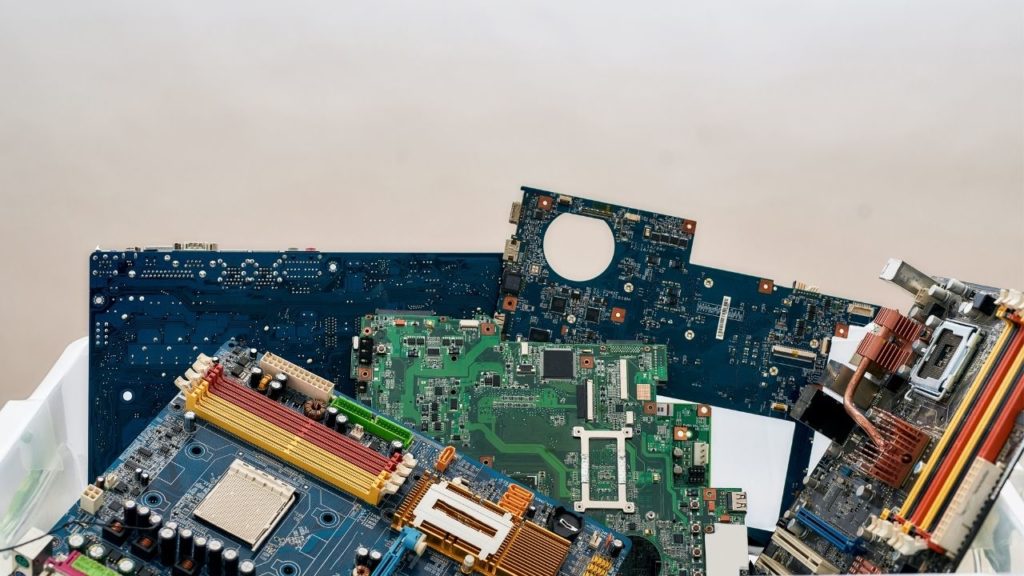
Why It’s Important To Manage E-Waste
Take a trip back to 2001. Could you have imagined that you would have a flat computer screen that contains the entirety of your personal library? E-readers and tablets make it possible. Did you think you would have a cellular phone that you use for photography, video calls, note-taking, games, scanning your paychecks, playing music, and measuring your jogs—in essence, everything but making phone calls?
Did you ever think you’d be on your fourth or fifth one?
As we acquire more hardware, we dispose of more hardware. Modern technology isn’t magic—touch screens, batteries, and other components of consumer electronics rely on metals, rare-earth elements, and plastics that don’t belong in our landfills, where they can harm our earth and water. These discarded electronics, better known as “e-waste,” can do great damage to the environment, but the good news is that they’re recyclable. Here’s why it’s important to manage e-waste in our ecosystem—and how you can get involved.
There’s so Much of It
The World Economic Forum has declared e-waste to be the fastest-growing segment of waste in the world, with the global population producing over 49 million tons of e-waste a year. Only 20 percent of e-waste receives proper recycling treatment, with the remainder ending up in the ground, in our water, or gathering dust in homes. That leaves roughly 39 million tons unaccounted for.
It’s Making the Planet Sick
Lead. Mercury. Cadmium. Each of us recognizes the toxicity of these elements, but we may not recognize their roles in consumer electronics. Long after your electronics stop working, those toxic components remain present and active. Improper burial of e-waste allows these to leach into the earth, where they can contaminate soil and water. Incineration of electronics can send these same substances into the air, where they can prove even more pernicious. Components of e-waste that infiltrate our environment can cause birth defects or illnesses.
What You Can Do
Grasping why it’s important to manage e-waste isn’t enough—you should take action. You can’t tackle all the e-waste in the world, but by becoming a certified electronics recycler, you can expand your business and make a small but valuable contribution to the health of the planet. Once you get this certification, you can update your scrap yard magnets and material handler grapples with offerings from Moley Magnetics. Granulators, choppers, and PCB shredders can all aid in dismantling e-waste for further processing, keeping those old electronics from ending up wherever they can do harm.

